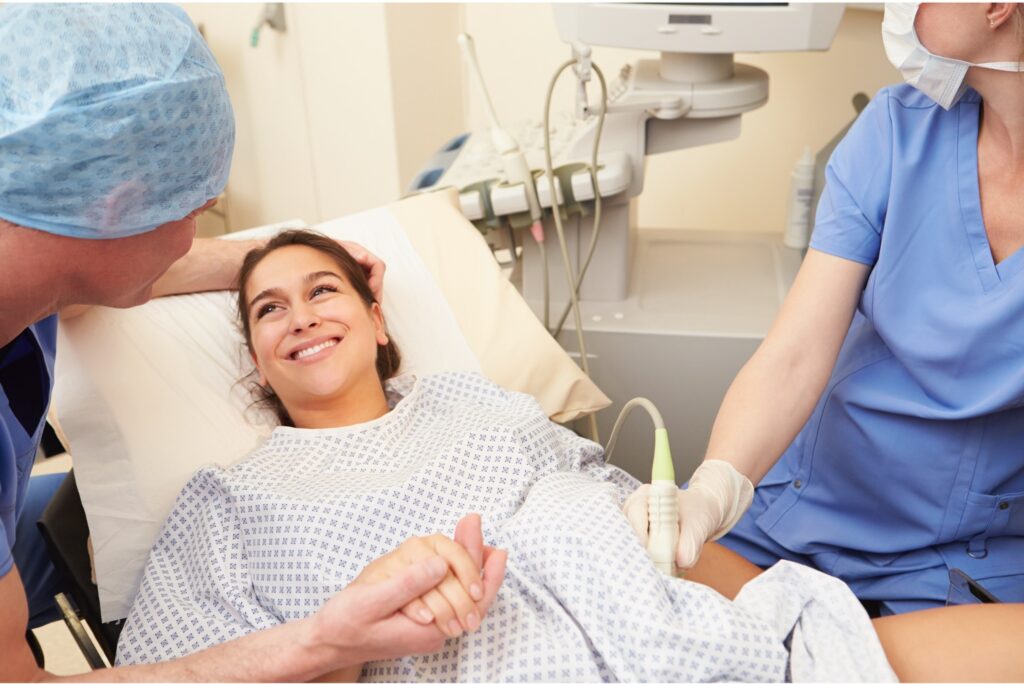In vitro fertilization (IVF) is only successful one-third of the time, but researchers at the Hebrew University have found that exposing the embryo, which is kept in a dish with liquid for a few days to support its development, to hyaluronic acid prior to implantation in the womb increases the chances of pregnancy from 42 per cent to 47 per cent.
Hyaluronic acid (HA) is a naturally-occurring substance in eyes, skin and joints. It holds onto moisture and keeps tissues and joints lubricated. Its role in improving IVF outcomes however is still unclear.
“We found that exposing an embryo to HA for more than 10 minutes prior to its transfer to the womb, increased the likelihood of a birth from 32 per cent to 39 per cent,” said Dr. Devorah Heymann, who led the study.
15 trials were carried out involving over 4,000 participants. The most marked success was in cases for women who had a poor prognosis of success.
The increase in birth rate was only seen in cases where a woman was implanted with her own fertilized egg and not in cases where donor eggs were used. “This could be because donor eggs tend to be of higher quality,” said Heymann. The main benefit of using HA is therefore being seen in poorer quality eggs.
The researchers also found that the chances of pregnancy increases from 42 per cent to 47 per cent with the addition of HA to the dish the embryo is in.
The risk of miscarriage following no or low HA concentration was found to be 11 per cent, and with the addition of high HA concentration, the risk was between five per cent and nine per cent.
The findings were published in the journal Human Reproduction.
Related posts

Israeli AI Safety Tool Among TIME’S Best Inventions For 2024

TAU Team Discovers Mechanism To Eliminate Cancerous Tumors

Ashdod Port Investing In Startups As Part Of Innovation Strategy




Facebook comments